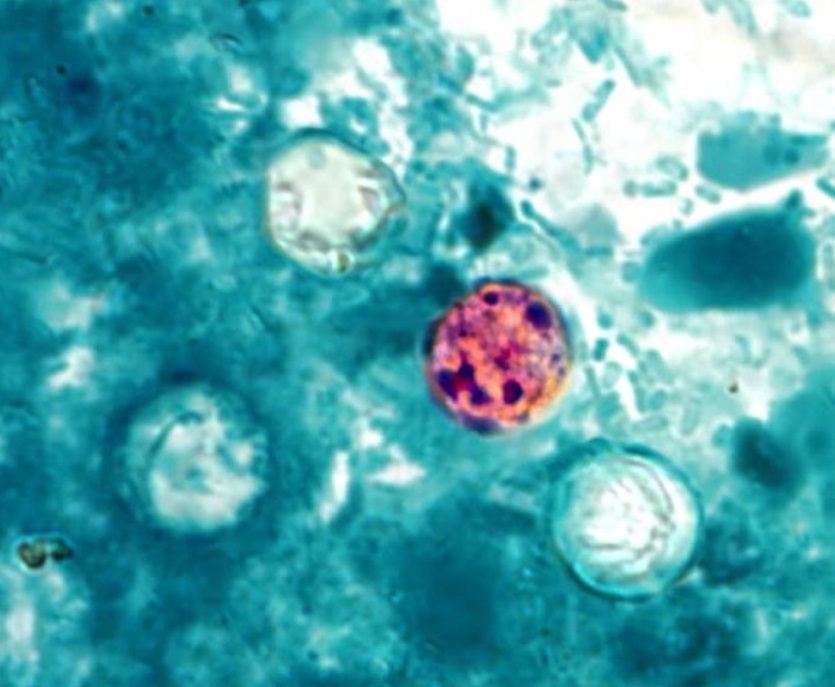

The Iowa Department of Public Health (IDPH) announced Thursday it is investigating an increase in Cyclospora infections that appear to be connected to eating McDonald’s salads. The Illinois Department of Public Health has noted a similar increase in cases associated with the product.
“This summer there have been several clusters of Cyclospora illness associated with various foods that are commercially available,” said IDPH Medical Director and Epidemiologist Dr. Patricia Quinlisk. “This week IDPH has identified 15 Iowans who ate McDonald’s salads in late June to early July prior to getting ill.”
Quinlisk said anyone who ate a McDonald’s salad “since the middle of June and who developed diarrhea, especially watery diarrhea and fatigue, should see their health care provider and get tested for Cyclospora to ensure an accurate diagnosis and appropriate treatment.”
She said McDonald’s is concerned about the situation and is fully cooperating with the IDPH, the Illinois Department of Public Health and the Iowa Department of Inspections and Appeals. Federal authorities are also working with McDonald’s to investigate and determine what further steps should be taken.
Cyclospora is a parasite commonly found in developing countries, but several outbreaks have occurred in the U.S. in recent years, especially during the summer months. These outbreaks and illnesses often occur as a result of eating contaminated fresh produce.
Symptoms of Cyclospora infection include:
- Frequent watery diarrhea
- Loss of appetite and weight
- Cramping, bloating, and/or increased gas
- Nausea (vomiting is less common)
- Fatigue
- Low-grade fever
It may take one week or more after consuming the contaminated produce for symptoms to begin.
If you have any of these symptoms, see your health care provider, who can specifically order Cyclospora parasite testing and provide appropriate treatment. The IDPH and local health department personnel are continuing to conduct interviews with individuals who test positive for Cyclospora and further cases may be identified.
For more information, call the Dallas County Public Health Department at 515-993-3750 or visit their website, or call the IDPH at 515-281-7689 or visit their website.
















